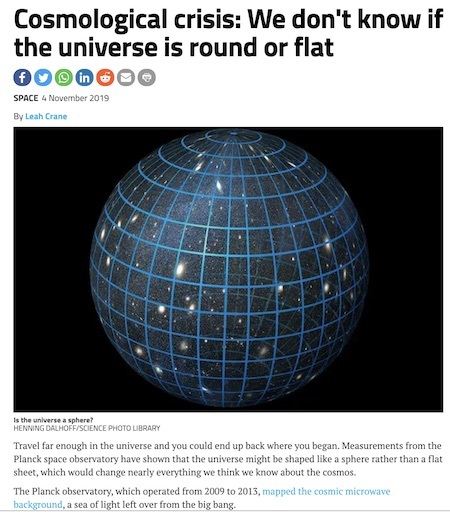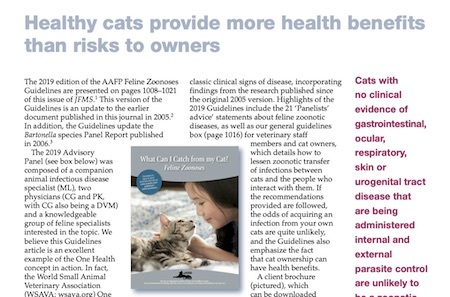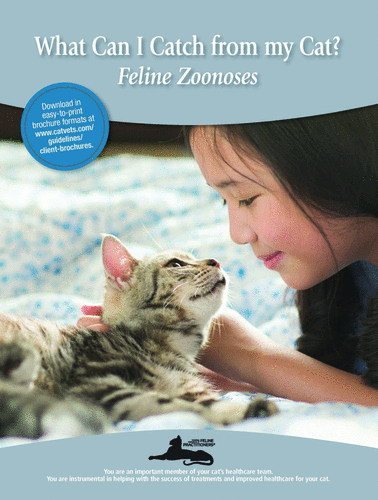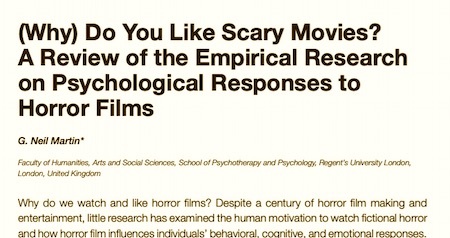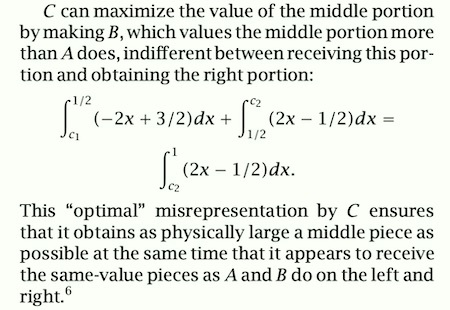Marc Abrahams's Blog, page 134
November 5, 2019
Improbable Research events: Vienna, Copenhagen, Gothenburg
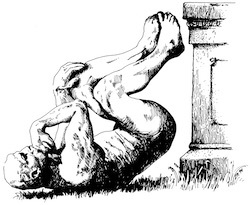 Improbable Research events are on tap this week and next week in Austria, Denmark, and Sweden.
Improbable Research events are on tap this week and next week in Austria, Denmark, and Sweden.
Please join us, if you are in the neighborhood(s).
November 7, 2019, Thursday, 5:00 pm
Vienna BioCenter PhD Symposium, Vienna, AUSTRIA— Marc Abrahams will talk about the Ig Nobel Prizes and Improbable Research.
November 13, 2019, Wednesday, 7:00 pm
Science Salon, Copenhagen, DENMARK—Theater Museum in the Hofteatret, Christiansborg Ridebane 18— Marc Abrahams and Line Friis Frederiksen will discuss the Ig Nobel Prizes and Improbable Research. TICKETS.
November 14, 2019, Thursday, 3:00 pm
Gothenburg Global Biodiversity Centre, Gothenburg, SWEDEN— Marc Abrahams and Ig Nobel Prize winner Susanne Åkesson will explore biodiversity and the Ig Nobel Prizes and Improbable Research. TICKETS.
Now and Then, Again
For a full list of upcoming events—including the Spring 2020 Ig Nobel EuroTour—see our upcoming events list.
If you prefer to dwell in the past, see our past events list.

An travel gift for science fiction writers
This New Scientist article by Leah Crane is a plot-device-generator gift for science fiction writers. It begins:
“Travel far enough in the universe and you could end up back where you began. Measurements from the Planck space observatory have shown that the universe might be shaped like a sphere rather than a flat sheet, which would change nearly everything we think we know about the cosmos.”

November 4, 2019
Stories that only have six words. A valid category of ‘Narrative Genre’?
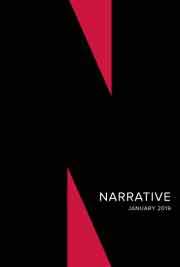 Stories that only have six words. Are they truly a ‘Narrative Genre’? David Fishelov, believes that they maybe. He’s a professor of comparative literature. At the Hebrew University of Jerusalem. See his essay on the subject. ‘The Poetics of Six-Word Stories’ * (It’s published in Narrative, January 2019.) The professor considers stories from websites. Such as this one for example. And reaches several conclusions – for instance :
Stories that only have six words. Are they truly a ‘Narrative Genre’? David Fishelov, believes that they maybe. He’s a professor of comparative literature. At the Hebrew University of Jerusalem. See his essay on the subject. ‘The Poetics of Six-Word Stories’ * (It’s published in Narrative, January 2019.) The professor considers stories from websites. Such as this one for example. And reaches several conclusions – for instance :
“[…] they offer an original insight, they invite us to delve into the narrative iceberg (to construct implied exposition, context, possible causes), to re-read the (very) short text, and to ponder the contrast between its tiny format and the complex human situations that it evokes.”
But also adds the caveat that :
“ […] while many six-word stories illustrate witty, artistic achievements, there is also the risk that practitioners of the form will mechanically produce dull texts.”
Notes regarding history of the genre. The originator of six word stories? Some assert it was Ernest Hemingway. With his now famous literary work: “For sale: baby shoes, never worn” Penned, it’s said, on a napkin. But it’s possibly an apocryphal story. Here is an in depth investigation.
* The essay’s title has six words. Providing that you ignore the hyphen. Counting “Six-Words” as two words. Rather than just one, hyphenated, word.
Research research conducted by Martin Gardiner

November 1, 2019
The once-criticized excellent research adventures of David Hu
Two-time [2015 and 2019] Ig Nobel Physics Prize winner David Hu has already had more pubic adventures because of his research—including being attacked in print by a U.S. senator—than most scientists get in a lifetime. Good things, for him and for the world, have come from that. Some of those good things initially looked, to some people, like bad things.
David Hu wrote an essay, published in The Xylom, about those adventures. The essay begins:
***
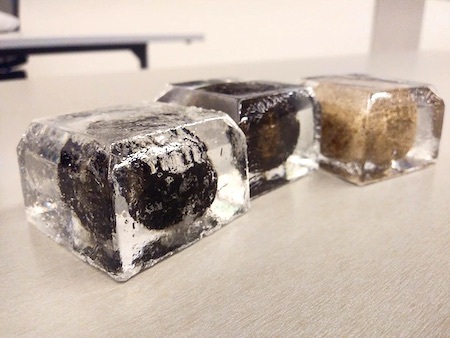
Wombat poo, here encased in lucite for display purposes. David Hu’s second Ig Nobel Prize honored the research as to how and why wombat poo typically has a cuboid shape. Photo: Alex Ip.
David Hu: “Wasteful Research”? Nah.
“I think I’ve learned my lesson.”
[The Xylom Editor’s note: This is adapted from a speech, Cube-shaped Poo and Georgia Tech’s Second Ig Nobel Prize, by David L. Hu, Professor of Mechanical Engineering and Biology and Adjunct Professor of Physics of Georgia Institute of Technology on October 8, 2019.]
About two years after I published this study, I came upon a surprise.
My university told me to watch this show, Fox and Friends, and I’ll show a brief segment here:
So this is a TV show called Fox and Friends, and [then-Senator] Jeff Flake had highlighted twenty of the US’ most “wasteful studies”. It turns out that I was responsible for one-eighth of the list, three of those twenty studies.
[ Crowd laughter ]
My Three Most Wasteful Studies for 2016 were…

October 31, 2019
Should Cat Owners Avoid Healthy Cats?
Is it safe to own a cat? A new paper suggests the answer may be Yes.
Maybe Yes
The new, possibly-pro-cat paper is: “Healthy cats provide more health benefits than risks to owners,” Michael Lappin, Journal of Feline Medicine and Surgery, vol. 21, no. 11, November 2019, pp. 1007-1007. The author explains:
“In these 2019 AAFP Feline Zoonoses Guidelines, we discuss the most common zoonotic infections of cats and the classic clinical signs of disease, incorporating findings from the research published since the original 2005 version…. If the recommendations provided are followed, the odds of acquiring an infection from your own cats are quite unlikely, and the Guidelines also emphasize the fact that cat ownership can have health benefits.”
The paper suggests that one obtain an “easy-to-print” document called “What Can I Catch from my Cat?“:
Maybe No
The risks of owning a cat have been copiously documented by others, notably with the awarding of the 2014 Ig Nobel Prize for public health to two groups of researchers—to Jaroslav Flegr, Jan Havlíček and Jitka Hanušova-Lindova, and to David Hanauer, Naren Ramakrishnan, Lisa Seyfried— for investigating whether it is mentally hazardous for a human being to own a cat. The prize honored several publications written by the co-winners:
REFERENCE: ” Changes in personality profile of young women with latent toxoplasmosis,” Jaroslav Flegr and Jan Havlicek, Folia Parasitologica, vol. 46, 1999, pp. 22-28.
REFERENCE: “Decreased level of psychobiological factor novelty seeking and lower intelligence in men latently infected with the protozoan parasite Toxoplasma gondii Dopamine, a missing link between schizophrenia and toxoplasmosis?” Jaroslav Flegr, Marek Preiss, Jiřı́ Klose, Jan Havlı́ček, Martina Vitáková, and Petr Kodym, Biological Psychology, vol. 63, 2003, pp. 253–268.
REFERENCE: “Describing the Relationship between Cat Bites and Human Depression Using Data from an Electronic Health Record,” David Hanauer, Naren Ramakrishnan, Lisa Seyfried, PLoS ONE, vol. 8, no. 8, 2013, e70585.

October 30, 2019
Psychological Responses to Horror Films
Neil Martin scared up a bunch of psychological research about how people respond to scary movies:
“(Why) Do You Like Scary Movies? A Review of the Empirical Research on Psychological Responses to Horror Films,” G. Neil Martin, Frontiers in Psychology, epub 2019. The author, at Regent’s University London, UK, explains:
“Despite a century of horror film making and entertainment, little research has examined the human motivation to watch fictional horror and how horror film influences individuals’ behavioral, cognitive, and emotional responses. This review provides the first synthesis of the empirical literature on the psychology of horror film using multi-disciplinary research from psychology, psychotherapy, communication studies, development studies, clinical psychology, and media studies.”

October 28, 2019
Associations: Financial Analysts’ Beauty and their Performance [new study]
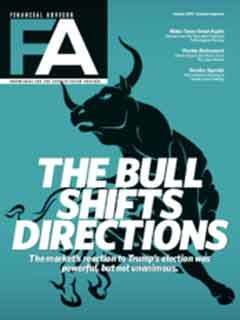 Looking for advice on your investment portfolio? If so, you might be able to gain an advantage by making sure that your financial advisor is (generally considered to be) physically ‘attractive’. According to a new study published in the journal Management Science, they tend to give better advice than their less alluring colleagues.
Looking for advice on your investment portfolio? If so, you might be able to gain an advantage by making sure that your financial advisor is (generally considered to be) physically ‘attractive’. According to a new study published in the journal Management Science, they tend to give better advice than their less alluring colleagues.
“In this study, we examine the effect of financial analysts’ physical attractiveness on their forecast performance. We find that more attractive analysts produce more accurate earnings forecasts and more informative stock recommendations.”
For full details, see : Analysts’ Beauty and Performance in Management Science.
Note: Sadly, there are no photographs of ‘attractive’ (or ‘unattractive’) financial advisors in the paper, so instead, we illustrate with the cover of Financial Advisor Magazine, Jan. 2017, (which is not connected with the study above).
Research research: Martin Gardiner

October 25, 2019
Luck, not just talent, in supposed meritocracy: A new documentary
“A Shadow on Meritocracy” is a documentary film about the ongoing research springing from the Ig Nobel Prize-winning work of Alessandro Pluchino and Andrea Rapisarda, physicists at the University of Catania. The film is in Italian; this version has English subtitles:
Background: The 2010 Ig Nobel Prize for management was awarded to Alessandro Pluchino, Andrea Rapisarda, and Cesare Garofalo of the University of Catania, Italy, for demonstrating mathematically that organizations would become more efficient if they promoted people at random.
That research is documented in the study “The Peter Principle Revisited: A Computational Study,”” Alessandro Pluchino, Andrea Rapisarda, and Cesare Garofalo, Physica A, vol. 389, no. 3, February 2010, pp. 467-72.

October 23, 2019
Mathematicians’ Continuing Fascination with Cakes
If you had to choose one of the many papers written by mathematicians about cakes, and you had to choose that one at random, you might choose this one:
“Better Ways to Cut a Cake,” Steven J. Brams, Michael A. Jones and Christian Klamler, Notices of the American Mathematical Society, December 2006, vol. 53, no. 11, pp. 1314-21. (Thanks to Penny Grace for bringing this to our attention.) The authors explain:
“In this paper we show how mathematics can illuminate the study of cake-cutting in ways that have practical implications. Specifically, we analyze cake-cutting algorithms that use a minimal number of cuts (n – 1 if there are n people), where a cake is a metaphor for a heterogeneous, divisible good, whose parts may be valued differently by different people.”

October 21, 2019
When does the present end – and the future begin? [study]
Questions along the lines of “When does the future start?” have perplexed scholars for . . . some time. For example, do people tend to think that The Future begins immediately* after The Present, or is its arrival more ‘smeared out’? [see illustrations]
Steps towards answering this puzzle have recently been taken by Professor Hal E. Hershfield (Anderson School of Management, University of California, Los Angeles) and Professor Sam J. Maglio (University of Toronto Scarborough & Rotman School of Management) – who ask (in a new paper for the Journal of Experimental Psychology.) “When Does the Present End and the Future Begin?”
“The current research was [thus] borne out of conversations surrounding decisions that are made over time, and the realization that although there is no shortage of work that has focused on these topics, the basic question of when the present gives rise to the future had not yet been explored.”
Across six experimental studies which used an Amazon Mechanical Turk pool of participants (each paid $30), the investigators found that :
“[Thus,] people are capable of thinking about the division between the present and the future, and where they draw it provides a compelling glimpse into how they navigate and decide through time.”
See : Hershfield, H. E., & Maglio, S. J. (2019). When does the present end and the future begin? Journal of Experimental Psychology: General. Advance online publication (a full copy of which, at the time of writing, was found here).
* BONUS assignment [optional] How fast is ‘immediately’ ?
Also see: Time flies – but how quickly?
Research research: by Martin Gardiner

Marc Abrahams's Blog
- Marc Abrahams's profile
- 14 followers


